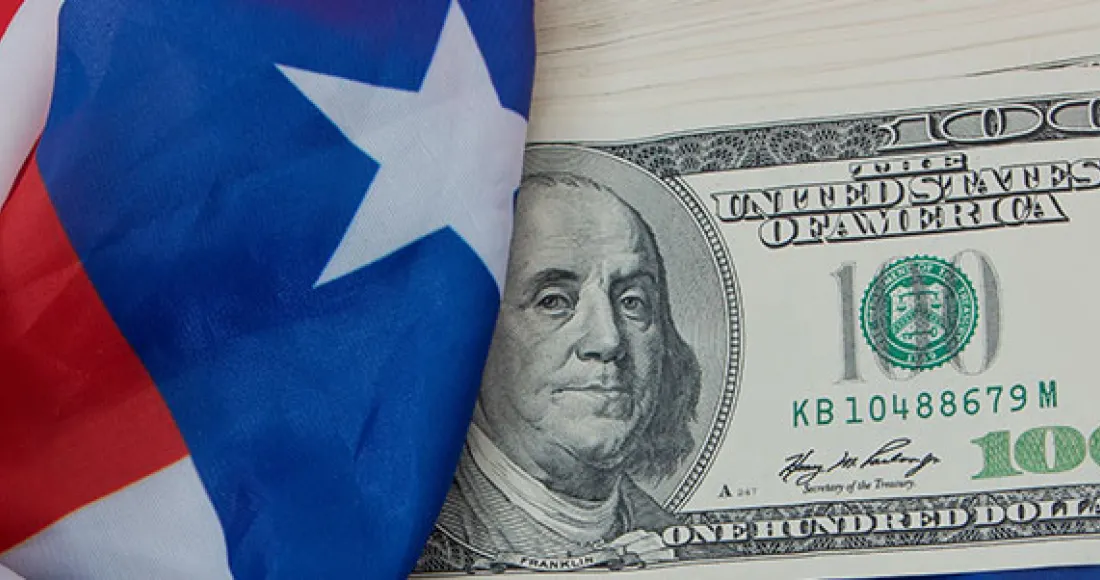
From 2014 to 2015, the IRS nearly doubled the amount of its whistleblower awards from $52,281,628 to $103,486,677. Since tax evasion and fraud are responsible for hundreds of billions of dollars in taxpayer losses each year, the monetary increase in awards demonstrates important growth in the anti-fraud program.
The IRS whistleblower program
Since its inception in 2007, the IRS whistleblower program has helped the government recover over $3 billion in defrauded taxpayer dollars. The whistleblowers themselves have received an impressive $403 million to date in exchange for their tips.
Although other whistleblower programs require that recoveries from the case exceed $1 million in order to entitle the whistleblower to an award, IRS cases have stricter guidelines and generally take longer to resolve.
To be eligible for an award, a whistleblower must submit a tip that generates a minimum of $2 million in tax recoveries. If the whistleblower report is correlated with an individual fraudster, that individual must have an income of $200,000 or more per year.
If a qualifying case leads to a successful tax or penalty recovery by the IRS, the whistleblower is eligible to anywhere between 15% and 30% of the recovered amount.
Substantial awards
Whistleblowers play an important role in catching tax fraud, especially when corporations and high-income individuals are the fraudsters. Tax avoidance is a common issue among the country’s highest earners, and it robs honest taxpayers of their hard-earned money.
When people deliberately fail to pay their fair share of taxes, they create an unfair financial burden for both honest taxpayers and the government. Whether the evasion takes place through offshore accounts, misrepresenting income on tax returns or a simple refusal to report eligible income, it’s damaging to the economy overall.
The largest IRS whistleblower award to date was given to Bradley Birkenfeld in 2012. Birkenfeld was a UBS AG banker. He reported a $20 billion offshore tax evasion scheme. Since he had a hand in this fraud scheme, he has served a two-year federal prison sentence. As per the IRS whistleblower provisions, however, he was still awarded $104 million for the original information he provided.
Identity theft
Identity theft is another prevalent scheme that defrauds billions of tax dollars per year. On March 7th, 2016, a Virginia man was convicted for his part in a $1.5 million tax fraud scheme. The scheme relied on systematic identity theft in order to submit false tax returns and receive refund checks from the Department of Treasury.
Identity theft can be perpetrated in several different ways. Commonly, fraudsters will call, email or otherwise contact taxpayers to request their social security numbers. This information may be collected under the pretense of a contest; for example, the caller may offer a free vacation as part of a prize draw the taxpayer never actually entered.
Identity thieves also frequently pose as IRS representatives and threaten taxpayers with audits, suggesting that further personal details are needed in order to pay owed taxes.
It’s important to remember that true IRS representatives will not request detailed personal information during the initial contact for an audit. Click here to learn more about common tax fraud schemes and how to report them to the IRS.
Nationwide fight against tax fraud
The IRS Whistleblower Program is undoubtedly a step in the right direction. Due to the complexities of tax fraud, however, it can be difficult for whistleblowers to navigate this type of lawsuit on their own.
Any citizen can file a whistleblower report individually, but attorney representation is strongly recommended. The IRS whistleblowing process can take many years, and the evidence required is highly specific.
The IRS’ annual Dirty Dozen report is a popular resource that helps taxpayers stay up-to-date on the latest fraud schemes impacting taxpayers. Even when you’re unsure whether information about tax fraud will qualify for a whistleblower case, don’t hesitate to report any suspicious activity.

